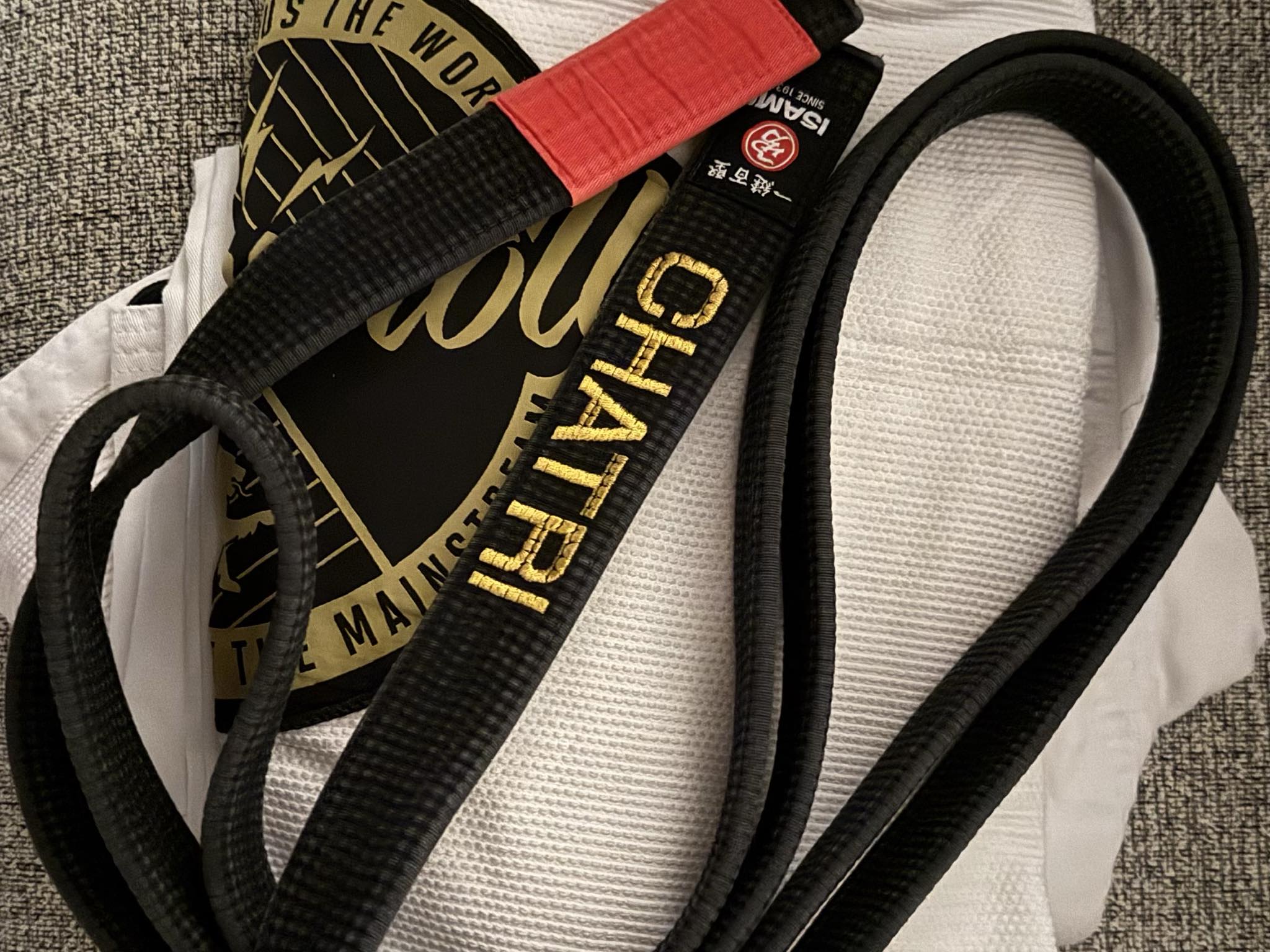I rarely follow politics, but President Trump’s fearlessness, leadership, and speed in making tough decisions for America have blown me…
Why Street Smarts Beats Book Smarts

I believe that street smarts is more important than book smarts when it comes to success in life. Of course, if you have both, then you can count yourself as one of the very lucky few in the world. More often than not, we are each blessed with one or the other. For me, I can tell you that my street smarts is stronger than my book smarts. (I would also say that the major driver of my success in life has been my street smarts, and not my book smarts). For the vast majority of my academic life, I was not a great student. In fact, I was an average student most of my childhood. Most years, I had a 2.7 GPA (out of 4.0) or thereabouts. Some semesters, I scored even lower. I was also not a natural at standardized tests. I only did reasonably well on them if I studied very hard, but often I took them without studying (because I was too busy playing sports or chasing girls). In the academic environment, the key to success is learning through books and classes (instead of experiential learning in the real world). In university, I did turn things around and excelled academically, but only because I chose economics as my major and decided to bust my ass off for it. I really enjoyed it and somehow I learned concepts easiest in that field. I also felt the same way for my MBA. To be frank, graduate school was quite easy and I excelled because I genuinely loved everything about it. That being said, academics never came easily for me, and I never felt 100% comfortable in that environment even as a child.
There is one fundamental reason why I believe street smarts is more important than book smarts when it comes to succeeding in the real world. It is because the real world and the academic world do not operate in the same way. The keys to success are very different. In the academic world, there is a clear structure, a timeline, a reward system, transparent rules, and equal information. If you study hard and do your homework, you will do reasonably well. Every day is planned out for you in advance. Every year is planned out for you in advance. You don’t have to think. You just have to follow the system. Everyone starts out each year on the same level and is essentially guaranteed to pass to the next grade level if he/she puts in the effort. In many ways, the academic world is fair. Politics will not get you a better test score or a better GPA. EQ will not help you score higher on standardized tests. Your social network inside a school does not translate into a higher GPA. Of course, we are all born with different intelligence levels. Some subject matters are harder for others to understand. (I know because I was terrible at subjects like chemistry and physics). However, everything in the academic world is structured to be fair. Structure is the key word for the academic environment. People who thrive under structure and clarity are best suited for academics.
The real world does not operate that way.
In the real world, there are a million choices with information asymmetries everywhere and experiential learning is a key success factor. Have you chosen the right career? Have you chosen the right company? Have you chosen the right culture? Have you chosen the right department? Have you chosen the right mentors? Have you chosen the right allies? Have you chosen the right boss? Do you read political power structures clearly? Do you know how to navigate without clear information? Do you even know what you are good at? Do you learn the right lessons from every good, bad, and ugly experience? There is no clear structure (even within companies) and there is usually no clear path or reward system. Often, there are unspoken rules in organizations. Politics, power, social dynamics, leadership abilities, professional networks, and social status play a big part in an individual’s ability to succeed in life. To succeed in this environment, a person needs to navigate successfully in an opaque world and make the right decisions. Of course, a person must have reasonable intelligence to succeed, but a high IQ can often be an obstacle to success in the real world. A high IQ might help in more academic business environments (like consulting or banking), but it is often not the determining factor for success as a startup employee or an entrepreneur. Book smart people strongly prefer to rely on data and complete information sets to make decisions. Street smart people often rely on their intuitions to guide them. In the real world, EQ is more valuable than IQ. If you have a high IQ, but are inept at reading political landscapes and/or poor at knowing how to project yourself in social situations, then you are unlikely to succeed in a big corporate environment, let alone a startup environment. However, if you have high EQ and average IQ, you can succeed quite far in the business world.
Another thing that I realize as I get older is that intelligence comes in many forms. The traditional definition of intelligence (IQ) does not necessarily capture the full spectrum of intelligence needed to succeed in the real world. Some people are super creative, but cannot do numbers. Some people can do numbers, but have zero creativity. I would argue that creativity is a super intelligence because very few people are creative at a truly differentiating level. Other people are excellent with people and social situations. Yet, others have strong common sense with the ability to navigate through new environments and innately make excellent risk-adjusted decisions. Another intelligence is the ability to adapt to change. Some people have zero ability to deal with change while others effortlessly adapt to change. Other people can read political situations, but have poor self-awareness for how they are perceived. Others yet have outstanding self-awareness, but have no ability to read people and political situations. Some people are natural born leaders, and other people could not lead a 1 person team to save his/her life. (Leadership intelligence is probably one of the most important attributes needed to succeed in the real world). As you can see, there are many types of intelligence, and I have not even outlined an exhaustive list.
In the real world, variables are constantly changing. There is no transparency. There are often no rules or structures. People are coming in and out of your life. Opportunities are everywhere, but it won’t matter if you are blind to them. Street smart people can navigate well in this environment, but book smart people often feel lost because of the lack of structure, transparency, and information equality. If you are book smart (and not that street smart), I recommend that you choose a more “academic” business career like consulting or banking. On the flip side, if you are street smart (and not that book smart), I recommend a startup career or SME path. The bad news is that you have to figure out what environment best suits you and your innate abilities. The good news is that there is something for everyone in the business world.
Chatri Sityodtong is a self-made entrepreneur and lifelong martial artist from Thailand. His rags-to-riches life story has inspired millions around the world on BBC News, CNN, Financial Times, Bloomberg TV, CNBC, Channel NewsAsia, and other major media. He is the Founder, Chairman, and CEO of ONE Championship, Asia’s largest global sports media property in history with a global broadcast to over 2.7 billion potential viewers across 150+ countries around the world. He is also the star of the Asian edition of The Apprentice, the award-winning, global reality TV series. Forbes most recently selected Sityodtong as one of Asia’s next generation tycoons. Sityodtong was also named “Asia’s King of Martial Arts” by the Financial Times and the “2nd Most Powerful Person in Sports in Asia” by FOX Sports. He is also an Entrepreneur-in-Residence at INSEAD, Europe’s top business school. Inducted recently into the Black Belt Hall of Fame, Sityodtong is a Kru in Muay Thai and a Purple Belt in Brazilian Jiu-Jitsu. Sityodtong holds an MBA from Harvard Business School and a BA from Tufts University.












